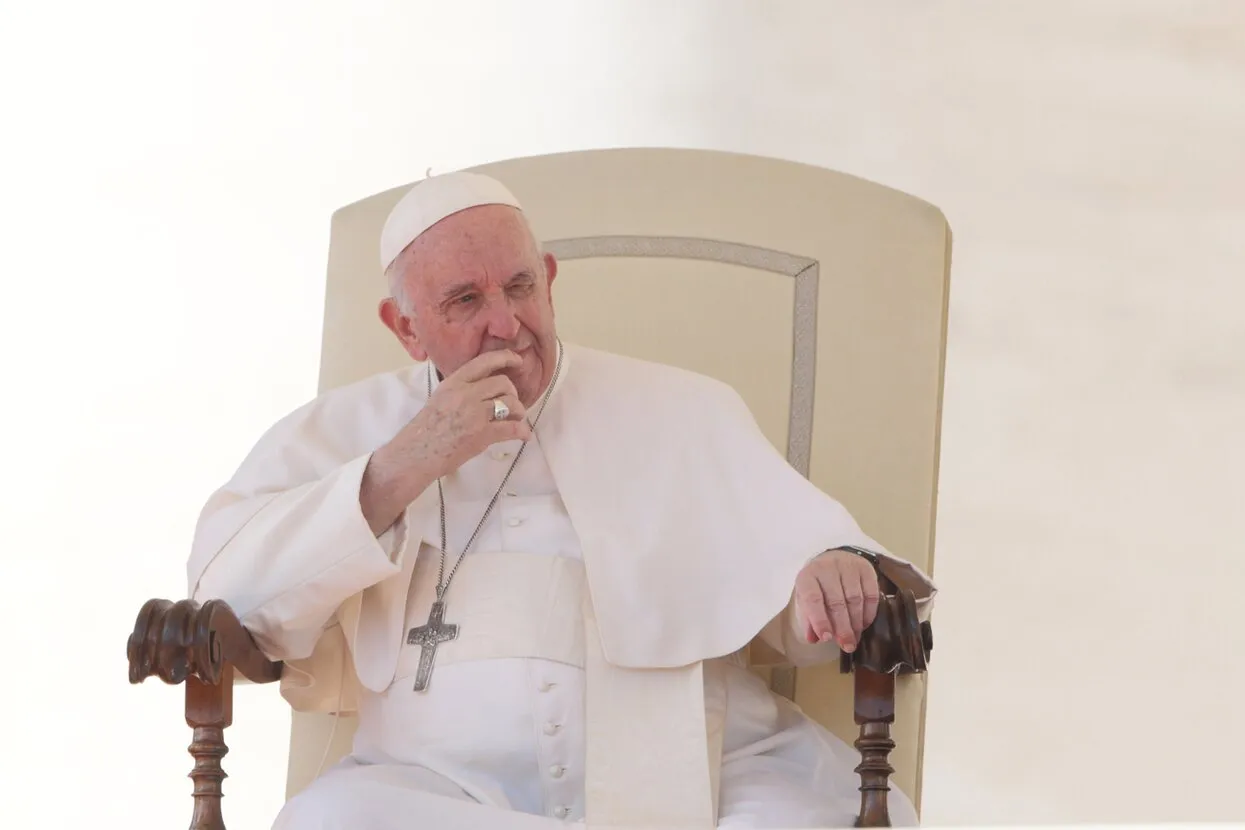In a recent interview with the Catholic magazine America, Pope Francis shared some striking words on the violence in Ukraine. He didn’t name Putin, for example, among those responsible for the war because “it is already known.”
He did, however, share thoughts on other parties he holds responsible:
When I speak about Ukraine, I speak of a people who are martyred. If you have a martyred people, you have someone who martyrs them. When I speak about Ukraine, I speak about the cruelty because I have much information about the cruelty of the troops that come in. Generally, the cruelest are perhaps those who are of Russia but are not of the Russian tradition, such as the Chechens, the Buryati, and so on. Certainly, the one who invades is the Russian state. This is very clear.
Russian authorities reacted harshly to Pope Francis’ words. Foreign Ministry spokesperson Maria Zakharova said at a Federation Council roundtable:
This is beyond Russophobia — it’s perversion. I don’t even know what level. Remember, in the 1990s and early 2000s, we were told that it’s the Russians, Slavs, who were tormenting the peoples of the Caucasus, and now we’re told that it’s the people of the Caucasus tormenting Russians.
“I’d like to remind our Catholic brothers that the Bible says all people have one Father. This is the beginning and the end of any conversation based on xenophobia, racism, nationalism, or other forms of misanthropy,” she later added.
How the Kremlin spins xenophobia and racism
Alexander Avdeyev, Russian ambassador to the Vatican, said that he visited the diplomatic arm of the Holy See to protest the Pope’s statements. “I expressed outrage at such insinuations and pointed out that nothing can shake the cohesion and unity of the multinational Russian people,” he said.
Alexey Tsydenov, the head of Buryatia, responding to the Pope’s assertion that Buryat soldiers are particularly cruel, said that the Russian army is comprised of hundreds of nationalities and fights differently. “They protect and defend the civilian population, and treat prisoners of war with humanity and mercy,” he explained:
It’s strange, to say the least, to hear the head of the Catholic Church’s assessment of the cruelty of specific nationalities — namely Buryats and Chechens, who are protecting civilians. History furnishes many examples of the destruction of cities, countries, even whole peoples by those who consider themselves representatives of civilized nations.
How Russia ‘protects civilians’
The head of the Buddhist Traditional Sangkha of Russia, the XXIV Pandito Khambo Lama Damba Ayusheyev, also reacted to the Pope’s words:
It was unexpected that the head of the Catholic world decided to level unkind words at our people. I don’t think Europeans of the Latin traditions understand that life in cold Siberia and the Far East makes people hardier, more patient, and more enduring in the face of many kinds of adversity. Our people aren’t cruel, they’re just forced — repeatedly and with dignity — to defend our Motherland from fascism, like our grandfathers and great grandfathers.
More on Russia, Buddhists, and the war
Chechen Parliament chairman Magomed Daudov called Pope Francis’ remarks “primitive”:
How could a spiritual leader whose diocese includes members of most peoples of the world allow himself to discuss the nationalities question so primitively?! Although, if you think about it, history always repeats itself as farce. Following that logic, the Pope’s next statement will be an announcement of a crusade against the Russian Federation. The medieval forerunners of the current Pontiff also declared various peoples and countries “wrong.” That’s how they shirked responsibility for the looting and murdering they brought to foreign lands.
Ramzan Kadyrov, the governor of Russia’s Chechen Republic and an outspoken commentator on the war in Ukraine, has not addressed Pope Francis’ remarks at the time of this writing.
